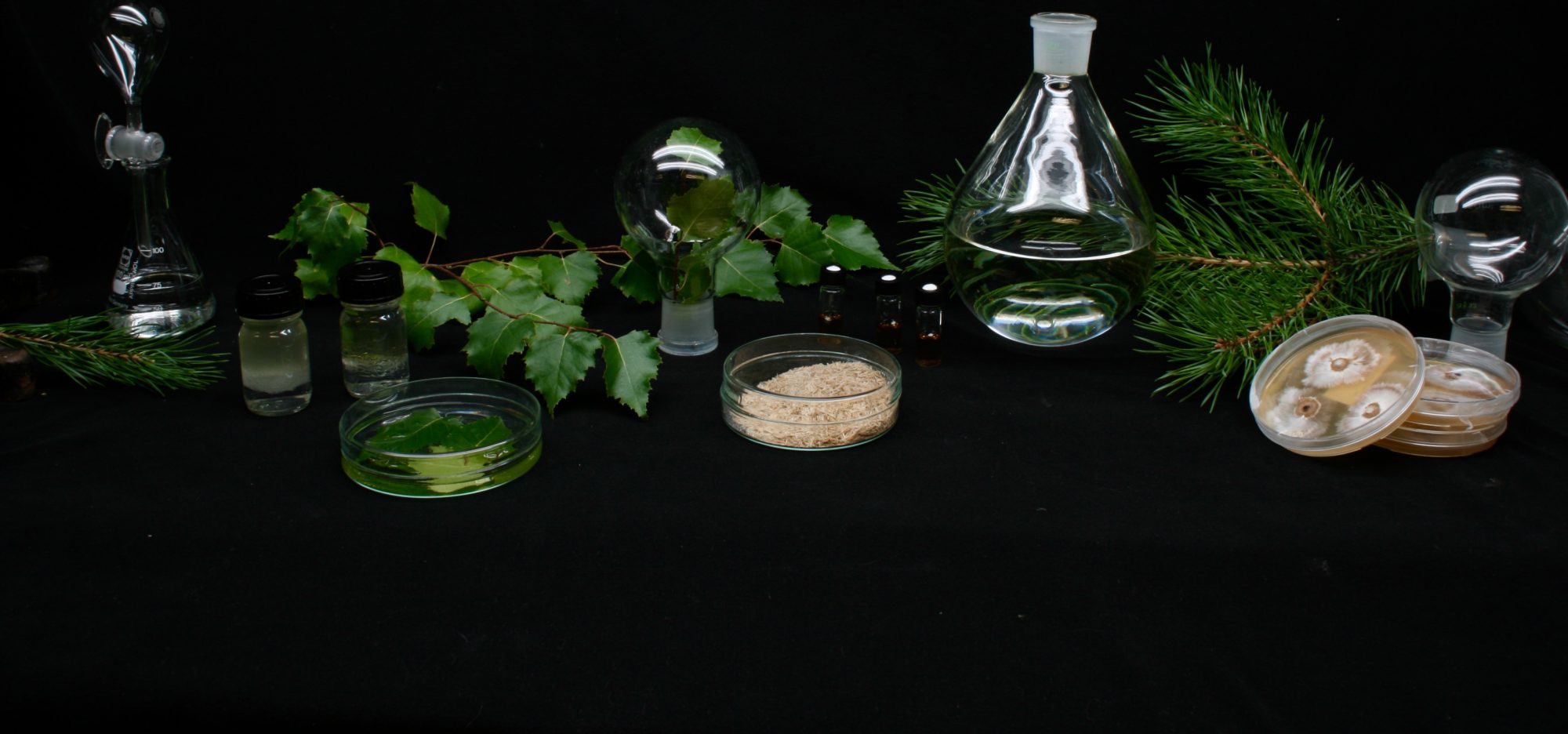Research on oleogels and their functionality in mice has started at the University of Helsinki Biomedicum animal facilities, designed by docent Fabio Valoppi’s research group in collaboration with docent Teemu Aitta-Aho.
This novel investigation will look for physiological differences between mice fed diets high in oleogels and other fats including their body composition, food-related behaviour, and weight fluctuations, along with other characteristics during a three-month period. These mice will become integral research participants in this study as we depend on information from them to ensure that the developed oleogels are safe to eat, bringing them closer to their possible commercialization.
Although it is vital to understand the impact of the consumption for any given food or ingredient in humans, forecasting their behaviour during digestion is complicated. A meal’s effects on i.e. hormone production, absorption of nutrients and impact on gut microbiota is not easy to predict, and science can only go so far with laboratory models. In vitro digestions models analyse pH constants, as the gut’s equivalent enzymes and acids are delivered by a set of spatulas and beakers, attempting to mimic the human digestive process. As you can imagine, this process falls short when determining several aspects of the digestion of oleogel-containing food, such as: How much is safe to eat? What kind of hormonal response do they activate? Or how does it affect cholesterol (both good and bad ones) in blood? Certainly, we need to answer these and many other questions before proceeding.
Hopefully this study will run smoothly, allowing us to fill in knowledge gaps about oleogels and supports the data obtained by us and many other food scientists around the world that are looking for healthier substitutes of saturated fats.
Pictures from left to right: mice diet comparison and visual inspection, research assistant M. Sc. Afsane Kazerani collaborating with one study subject.

